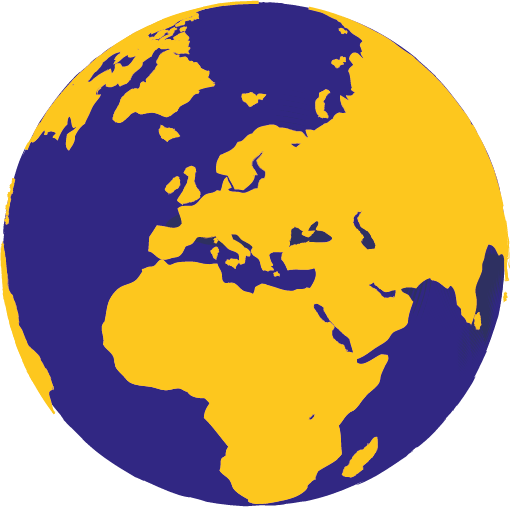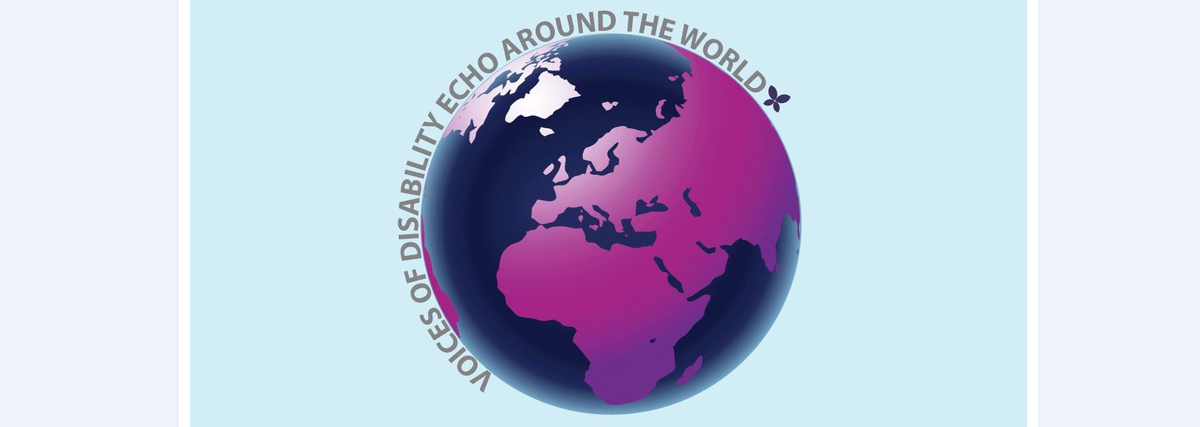Talented young people with intellectual disabilities and a passionate belief in their right to have a voice in decisions affecting their lives will tell their personal stories at a high-profile United Nations event this week.
The four teenage ‘self-advocates’ – one girl and three boys from Bulgaria, Czech Republic and Spain – are going to Geneva on September 26 to address members of two vital UN committees, the Committee on the Rights of the Child (CRC) and the Committee on the Rights of Persons with Disabilities (CRPD).
During the event, the young people will highlight their work – words, posters, video, art and music - under the European Union-funded Hear Our Voices project, which aims to ensure that children are treated as experts in matters related to their own lives, and that their opinions are taken into account
Together, the two UN committees work to ensure the right of children with disabilities to enjoy lives in which their voices are heard and their potential is fulfilled. However, children and those who work with them know that high-level principles do not always translate into action and true child participation on the ground.
The aim of the four children, therefore, is to encourage members of the UN committees to more actively support the involvement of young people with intellectual disabilities in decisions affecting their lives and futures. Whether in school, in child care services, or at the higher level of policy development, children should receive accessible information, and should be supported in meaningfully contributing to discussions.
This is particularly important as many countries are in the process of developing action plans to transform the care of children and young people with intellectual disabilities – aiming to take them out of institutions which have often proved to be breeding grounds for human rights abuses, and into community-based services. However, few have structures in place for the meaningful inclusion of children with intellectual disabilities in the policy-making process, effectively alienating children from matters where their input is highly valuable.
The organisers of the event are Inclusion Europe, a European NGO, the Brussels-based Eurochild and Lumos, J.K. Rowling’s international children’s charity. They are working with partners from the children’s home countries - Bulgaria (Cedar Foundation), Czech Republic (QUIP), Spain (Down Madrid). The event is also funded by the European Union.
These bodies believe that children with severe disabilities or complex needs should be enabled to participate meaningfully in decisions which affect them. Staff working with children should be trained in the skills needed to support children to understand – and to be heard and understood, regardless of their level of disability. They will call on both Committees to explicitly require that ‘State Reports’ relating to individual nations should include evidence about the participation of children with intellectual disabilities, as in many cases provisions to enable this group of children to participate are poor or non-existent.



